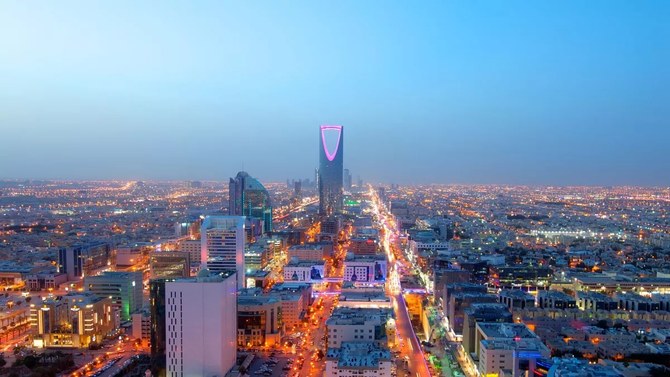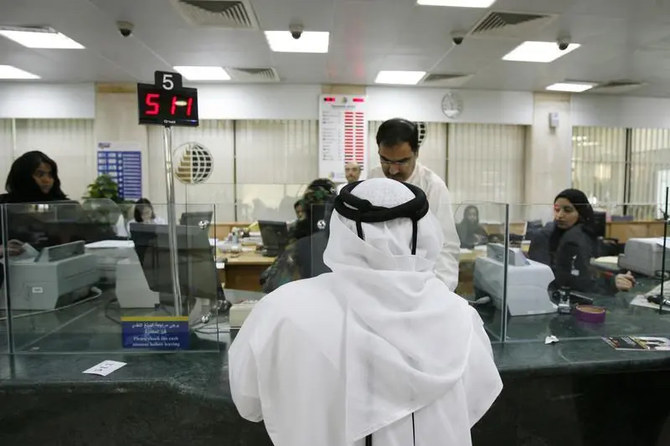JEDDAH: Luxury retailer Chalhoub Group has set up an initiative in Saudi Arabia offering local entrepreneurs the chance of winning $15,000 in funding to help establish their fashion brand.
The Fashion Lab, a first-of-its-kind in the Kingdom, is focused on sustainable fashion, contemporary design, streetwear and accessories, and nurturing new designers who are set on disrupting the fashion status quo.
Applications are now open and successful participants will get to take part in a two-week “boot camp,” which will help them navigate through different elements to develop their brand, including marketing, supply chain management, content creation and media exposure.
FASHIONFIX
Fashion sales in the GCC amount to around $50 billion a year, according to a McKinsey report in December 2019, with the average spent per capita amounting to around $500 in Saudi Arabia.
With online fashion sales booming as a result of people stuck at home during the pandemic, Statista estimates that the Kingdom’s online clothing segment will be worth $1.484 billion in 2021 and is forecast to grow at an annual rate of 5.19 percent for the next four years.
Namshi, the online e-commerce site owned by Dubai’s Emaar Malls, told Arab News in February it had seen 50 percent growth in revenues from Saudi Arabia in the last year and is set to expand into a new warehouse facility in Riyadh to capitalise on surging sales. While parent company Emaar Malls recently reported a 24.8 percent fall in revenues for 2020 to AED3.51 billion ($960 million), Namshi saw sales increase 28 percent to AED1.316 billion over the same period, with the Kingdom representing 70 percent of sales.
On top of the $15,000 funding, applicants may also be offered equity partnerships after the program finishes at the end of the year, and may also access the Chalhoub Group’s online and in-store retail network to sell their products.
Dina Sidani, chief innovation officer, said that she believed the Fashion Lab “will have long-term positive impact in promoting innovation in the fashion industry locally, while creating young fashion champions from the Kingdom for the world.”
Based in Dubai, the group has been a major operator in Saudi Arabia for more than 50 years. It is active in 14 countries, with around 700 stores and 12,000 employees.
Up to five brands will be selected to take part in the Fashion Lab and the deadline for submissions for the first cohort is July 25, 2021.
FASTFACT
Applications are now open and successful participants will get to take part in a two-week ‘boot camp,’ which will help them navigate through different elements to develop their brand, including marketing, supply chain management, content creation and media exposure.
The initiative is part of a wider push to develop the Saudi fashion sector and nurture homegrown brands. On Wednesday, the Kingdom’s Fashion Commission announced the finalists chosen to take part in its yearlong Saudi 100 Brands program. The initiative will include training, advice and mentorship from experts in the fashion sector.
A shortlist of 400 was whittled down from an initial 1,348 applicants.
The program offers a one-year brand development initiative with training and mentoring, individual and group consultancy and advisory sessions, and virtual and in-person training workshops.


















